
For example, if you’re used to grabbing a drink when you get home from work, you could have something non-alcoholic instead, rather than avoiding having anything to drink altogether. To make it even easier on yourself, you could set up your environment to make this habit as easy as possible. That could look like removing any alcohol from the house and leaving something tasty in the fridge or cupboard (wherever you normally go to get a drink). It might be non-alcoholic beer or cocktails, an interesting smoothie, juice, kombucha, or whatever looks good to you. What we also didn’t learn was that negative emotions exist for a reason.
- “With these drugs there’s also a risk of developing pancreatitis,” she says.
- On average, members see a 30% reduction in alcohol consumption in 3 months, leading to improved sleep, diet, and overall wellbeing.
- These can be quite intense and powerful, especially if you’re in the early days of your recovery from addiction.
Take some time to explore your relationship with alcohol
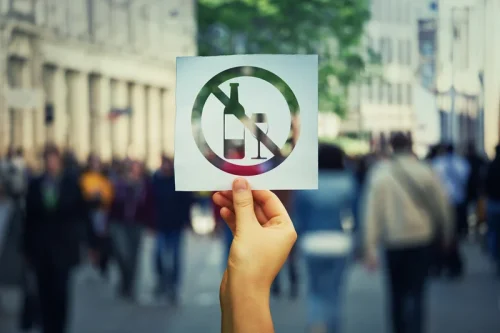
Our world class alcohol addiction treatment programmes offer round-the-clock support, helping you to take steps towards a full and sustainable recovery. We offer a free addiction assessment, medically assisted detoxification, one-to-one and group therapy, family support and free aftercare for 12 months. If you’re ready to stop drinking and willing to get the support you need, you can recover from alcoholism and alcohol abuse—no matter how heavy your drinking or how powerless you feel. And you don’t have to wait until you hit rock bottom; you can make a change at any time.
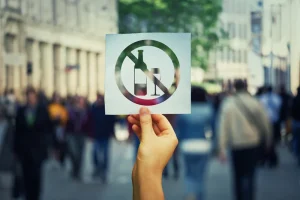
Clinical experience of baclofen in alcohol dependence: A chart review
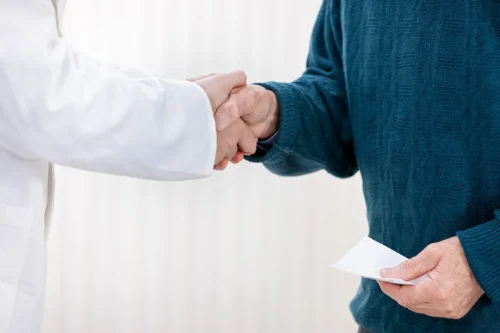
It ensures that the body gets all the essential nutrients it needs, which can reduce cravings and support overall health. Before discussing the role of food in curbing alcohol cravings, it is important to understand what fuels these cravings in the first place. Prepare yourself for those times when someone is going to offer you a drink. You might also hold onto a nonalcoholic drink instead, ask a friend to support you in difficult situations or simply exit early if temptation gets too strong, the NIAAA suggests. “Once you have a sense of how much you’re drinking, it’s helpful to track how many drinks you’re having per day,” says Witkiewitz.
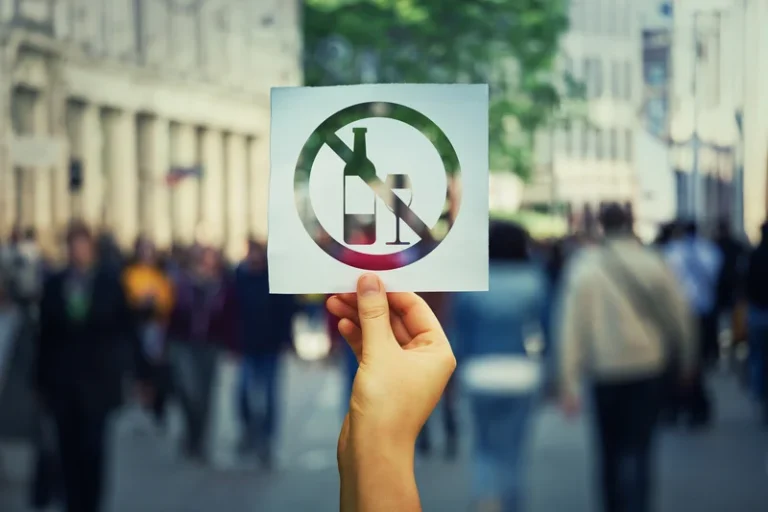
Drink water.
- The study also showed that no single treatment approach fits the needs of every individual.
- Here’s some information to help you get ready for your appointment, and what to expect from your health care provider or mental health provider.
- You may feel an uncomfortable pull in two directions or sense a loss of control.
Additionally, there’s a stark how to reduce alcohol cravings difference between wanting a glass of wine after a long day and obsessing about it all day long. While the first can be seen as a normal desire, the latter represents a craving which entails a mental preoccupation with alcohol that typically leads to problematic drinking. Recognizing the difference between the two can help to identify whether the cravings have started getting out of hand, laying the groundwork for effective coping strategies.
Which migraine medications are most helpful?
Having https://ecosoberhouse.com/article/alcoholic-ketoacidosis-symptoms-and-treatment/ a long-term plan for managing alcohol cravings can help prevent and overcome them when they do occur. When they occur, alcohol cravings can feel overwhelming, even if they last only a few minutes. Alcohol cravings may occur for a variety of reasons, such as changes in brain chemistry, triggers, and habit formation.
Alcohol cravings: What they are and how to manage them
These cravings can occur at any time and can be triggered by various factors, such as stress, social situations, or even certain foods. Exploring, in writing, what you find difficult and when you most want to drink can help you notice patterns that offer more insight into your alcohol use. Comparing the emotions that come up when you have a drink with the feelings you experience when abstaining also helps you recognize when drinking doesn’t fix the problems you’re trying to manage. Talk with a healthcare professional if you’re concerned you may experience detox symptoms when quitting drinking or cutting back. The following activity offers suggestions to support you in your decision to cut back or quit drinking.
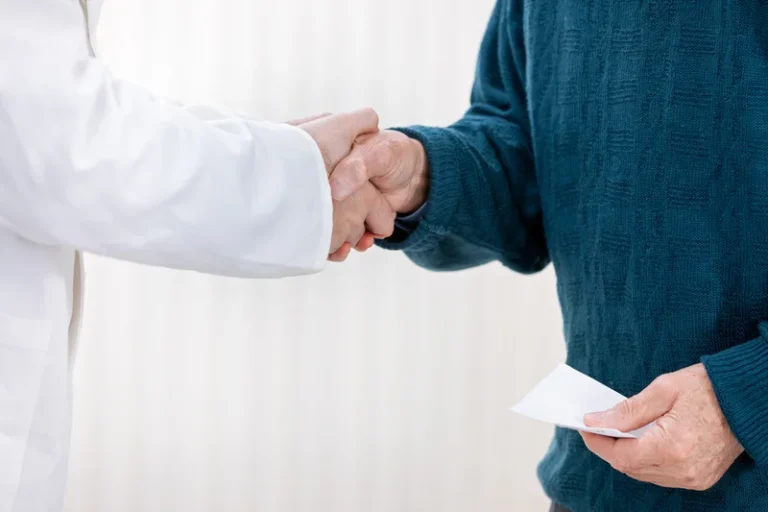

Add Your Comment